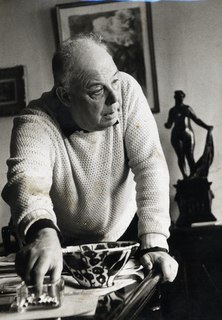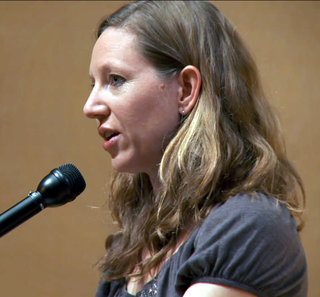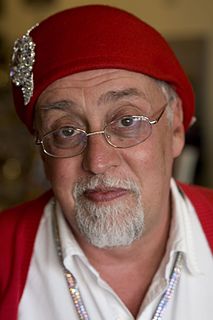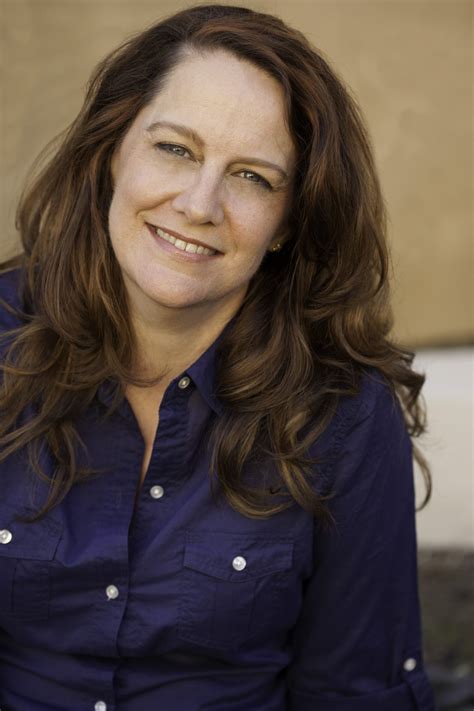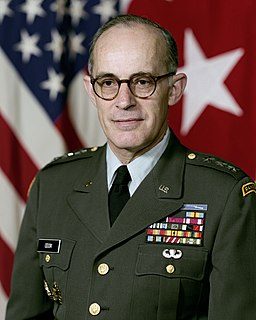A Quote by Marcel Duchamp
The word 'art' interests me very much. If it comes from Sanskrit, as I've heard, it signifies 'making.
Related Quotes
The word 'art' interests me very much. If it comes from Sanskrit, as I've heard, it signifies 'making.' Now everyone makes something, and those who make things on a canvas with a frame, they're called artists. Formerly, they were called craftsmen, a term I prefer. We're all craftsmen, in civilian or military or artistic life.
To the question, ‘Is the cinema an art?’ my answer is, ‘what does it matter?’... You can make films or you can cultivate a garden. Both have as much claim to being called an art as a poem by Verlaine or a painting by Delacroix… Art is ‘making.’ The art of poetry is the art of making poetry. The art of love is the art of making love... My father never talked to me about art. He could not bear the word.
The word spirit comes from the Latin word for "breath" - spiritu - and the origin of the word spirituality has to do with breath and life force, the mysteries of the ancients and all this. The word is very suspect in much of the art world - the Western art world. Certainly, spirituality has become divorced from religious.
What we need more of is slow art: art that holds time as a vase holds water: art that grows out of modes of perception and making whose skill and doggedness make you think and feel; art that isn’t merely sensational, that doesn’t get its message across in ten seconds, that isn’t falsely iconic, that hooks onto something deep-running in our natures. In a word, art that is the very opposite of mass media.
But what a humiliation for me when someone standing next to me heard a flute in the distance and I heard nothing, or someone standing next to me heard a shepherd singing and again I heard nothing. Such incidents drove me almost to despair; a little more of that and I would have ended my life - it was only my art that held me back.

